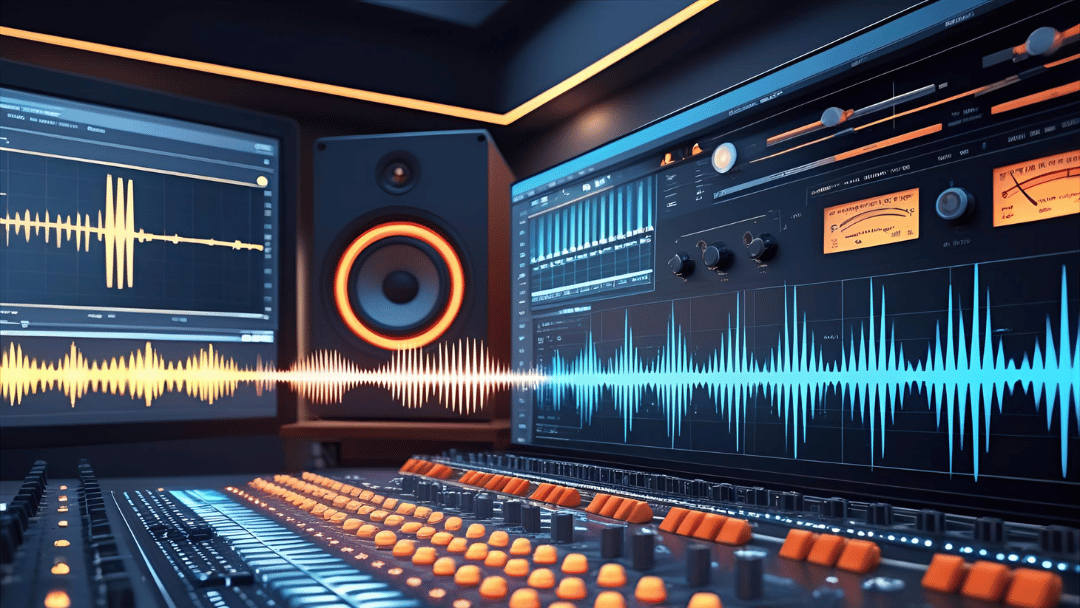In the world of music production, the difference between a good track and a professional release often comes down to one crucial step: mastering. This final stage of audio production can make or break how your music translates across different playback systems, from streaming platforms to vinyl records. For aspiring audio engineers and music producers, mastering classes provide the essential knowledge and techniques needed to transform raw mixes into polished, radio-ready tracks.
Whether you’re a bedroom producer looking to enhance your releases or a mixing engineer ready to expand your skillset, understanding what mastering classes offer can significantly boost your career prospects. The audio industry continues to evolve with new streaming standards and playback technologies, making professional mastering education more valuable than ever.
This comprehensive guide will walk you through everything you need to know about mastering classes, from fundamental concepts to advanced career development strategies. You’ll discover the essential skills taught in these courses, explore different educational formats, and learn how to choose the right program for your experience level and goals.
What Are Mastering Classes
Audio mastering represents the final creative and technical step in music production, where individual tracks are polished, balanced, and prepared for distribution across various formats. Mastering classes teach students this crucial art form, focusing on the specialized skills needed to ensure consistent sound quality across different playback systems and environments.
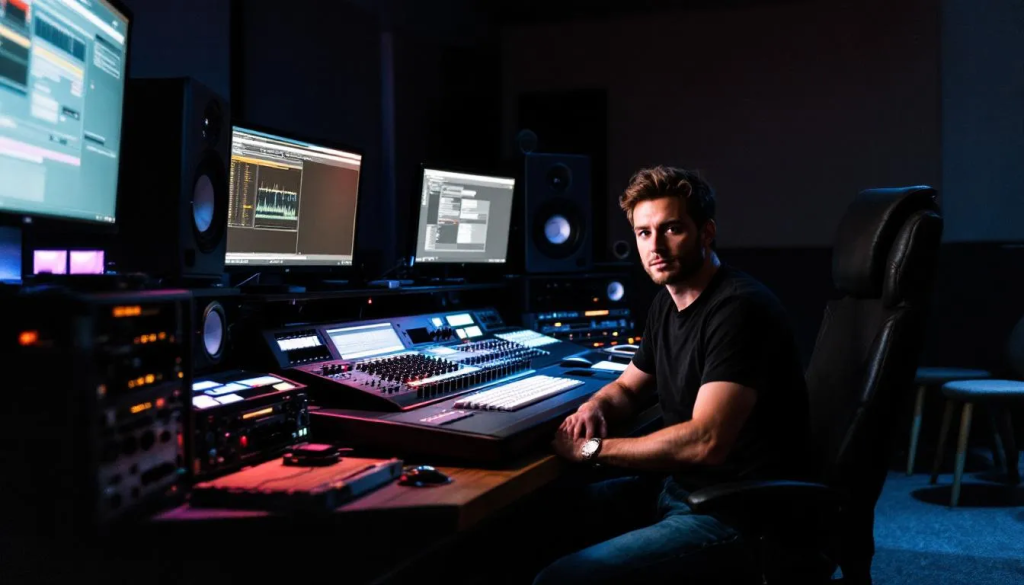
The primary goal of mastering is to create a cohesive, professional sound that translates well whether someone listens on expensive studio monitors, car speakers, or smartphone earbuds. During mastering classes, students learn to verify the technical quality of recordings while enhancing their musical impact through careful processing and sequencing.
Unlike mixing, which involves balancing individual elements within a song, mastering works with the complete stereo mix to optimize its sonic characteristics. A key distinction that mastering classes emphasize is that mixing engineers focus on the relationships between instruments, while mastering engineers ensure the final product meets industry standards and sounds competitive in the marketplace.
These educational programs prepare students for careers as mastering engineers, audio post-production specialists, and music producers. Students learn to work with both digital and analog equipment, understanding how different processing techniques affect the overall sound quality and listener experience. The knowledge gained from mastering classes enables graduates to work in professional recording studios, start their own mastering services, or enhance their existing music production skills.
Professional mastering engineers often work as the final gatekeepers before music reaches the public, making their role critical in maintaining the artistic vision while ensuring technical excellence. Mastering classes teach students to balance these creative and technical responsibilities, developing both the ear training and technical knowledge necessary for success in this specialized field.
Completing all modules or steps in a mastering class is essential to fully develop the necessary skills for professional audio mastering.
Fundamentals of Audio Engineering
Before you can dive into the world of audio engineering, your journey begins with a crucial step: ensuring the security of your connection. At www.audioengineering.com, every learner is asked to verify they are human by completing the action below. This verification successful waiting period is not just a formality—it’s an essential measure to protect your learning environment and personal information.
To access the course materials, you’ll need to review the security of your connection before proceeding. This process involves a series of straightforward steps designed to confirm your identity and prevent unauthorized access. By completing the action, you help maintain the integrity of the course and ensure a safe, uninterrupted learning experience for everyone.
The site needs to review the security of your connection before proceeding, which may include entering a code, solving a simple challenge, or confirming your details. This step is vital for safeguarding your progress and ensuring that only genuine learners can access the course content. Once verification is successful, you’ll be granted access to a comprehensive curriculum that covers the foundational knowledge and techniques of audio engineering.
Completing this action is more than just a security measure—it’s your first step toward mastering the fundamentals of sound, music production, and audio technology. By verifying your connection and confirming you are human, you set the stage for a secure, high-quality educational experience. With the security of your connection under review and verification successful, you can proceed confidently, knowing that your learning journey is protected from the very start.
Essential Sound Skills Taught in Mastering Classes
The foundation of any quality mastering education begins with EQ techniques for frequency balancing and tonal shaping across different music genres. Students learn to identify problematic frequencies, enhance desirable characteristics, and create consistency between tracks. Mastering classes teach both corrective EQ for fixing mix issues and creative EQ for adding character and polish to recordings.
Compression strategies form another cornerstone of mastering education, focusing on dynamic control and punch enhancement. Students master various compression types, from transparent level control to character-adding vintage emulations. The action of understanding when and how to apply compression separates amateur attempts from professional results, making this skill essential for career advancement.
Stereo imaging and width manipulation using mid-side processing techniques allow mastering engineers to create spacious, engaging soundscapes. These classes teach students to enhance stereo width without compromising mono compatibility, balance left-right information, and create depth in the stereo field. This knowledge proves invaluable when preparing music for both stereo and surround sound formats.
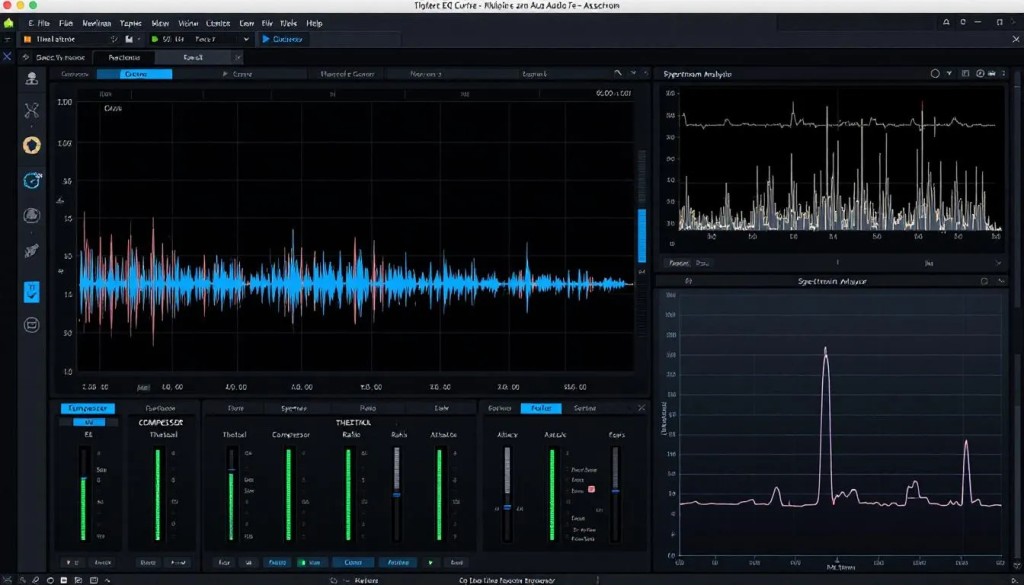
Limiting and loudness optimization represent crucial skills for the streaming era, where platforms like Spotify and Apple Music have specific loudness targets. Students learn to achieve competitive loudness levels while maintaining dynamic range and avoiding distortion. This involves understanding LUFS measurements, peak limiting techniques, and how different streaming services process audio files.
Critical listening skills development forms the backbone of all mastering work, enabling students to identify mix issues and sonic problems that others might miss. Mastering classes train students to analyze frequency response, detect distortion, evaluate stereo imaging, and assess overall tonal balance. These skills require extensive practice and guided feedback to develop properly.
Advanced students also learn specialized techniques for different delivery formats, including vinyl mastering considerations, broadcast standards, and surround sound processing. The truth about mastering is that each format requires specific technical knowledge and processing approaches to achieve optimal results.
Advanced Audio Engineering Techniques
Types of Mastering Classes Available
Online courses from established institutions like Berklee Online, Point Blank Music School, and Mix With The Masters offer flexible learning options for working professionals and students worldwide. These programs typically feature video lessons, downloadable audio stems for practice, and sometimes live feedback sessions with instructors. Some platforms may require completing the action of verifying your identity before accessing certain course content. The convenience factor makes online mastering classes particularly attractive for those balancing education with existing career commitments.
In-person workshops at renowned facilities like Abbey Road Institute and SAE Institute provide hands-on experience with professional mastering equipment and studios. Students benefit from direct access to high-end analog gear, calibrated monitoring environments, and face-to-face instruction from industry professionals. This format allows for immediate feedback and the opportunity to verify your understanding through practical application.
University programs offering audio engineering degrees with mastering specialization provide comprehensive theoretical foundations alongside practical training. These programs often span multiple semesters and cover audio theory, acoustics, business practices, and extensive hands-on experience. Students graduate with both technical expertise and formal credentials that many employers value.
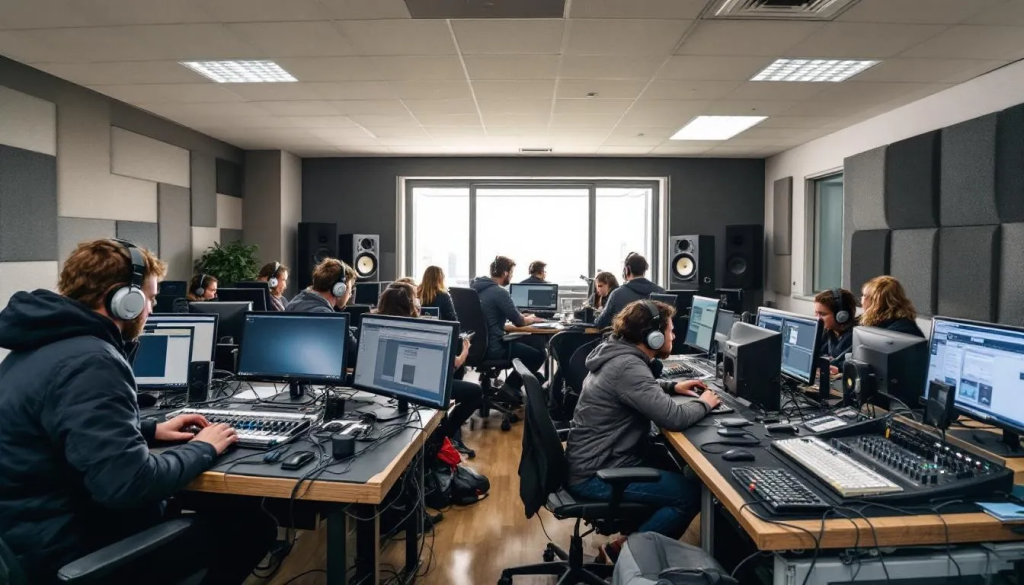
Mentorship programs with established mastering engineers like Bob Power and Emily Lazar offer personalized learning experiences and direct industry connections. These arrangements typically involve working alongside experienced professionals, observing real client sessions, and receiving individualized feedback on your work. While more expensive and harder to access, mentorship programs often provide the fastest path to professional competency.
Short-term intensive workshops and masterclasses represent another popular format, often lasting from one day to several weeks. These concentrated learning experiences focus on specific aspects of mastering or feature particular instructors known for their expertise. Industry events and conferences frequently host such workshops, combining education with networking opportunities.
Some manufacturers of audio equipment and software also offer specialized training programs focused on their products. While these courses may have a commercial aspect, they often provide valuable insights into professional workflows and cutting-edge techniques from engineers who use these tools daily.
Best Online Music Mastering Courses in 2024
Oeksound’s “Mastering in the Box” course stands out for its focus on modern plugin-based techniques and practical workflow optimization. This program teaches students to achieve professional results using only digital tools, making it accessible to those without access to expensive analog equipment. The course covers plugin selection, signal chain organization, and how to emulate analog characteristics in the digital domain.
Produce Like a Pro’s mastering masterclass with Warren Huart offers comprehensive coverage of both analog and digital approaches to mastering. Students learn traditional techniques alongside modern methods, giving them flexibility in their approach to different projects. The course emphasizes practical application and includes real-world examples from commercial releases.
Sound on Sound’s comprehensive mastering series with industry expert Hugh Robjohns provides in-depth technical knowledge combined with musical understanding. This educational content covers everything from basic concepts to advanced techniques, making it suitable for students at various experience levels. The series includes detailed explanations of equipment, processing techniques, and industry standards.
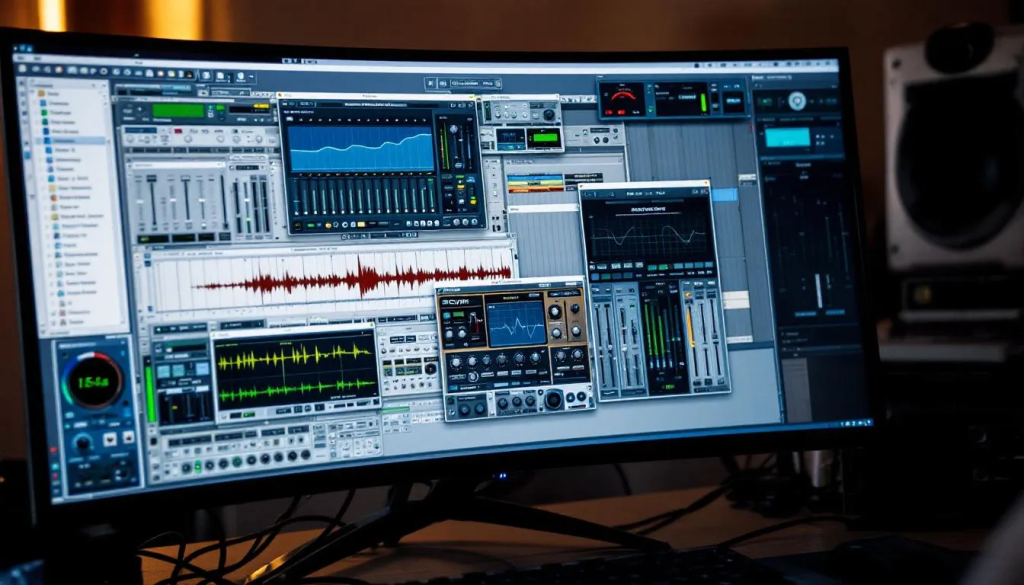
Pensado’s Place mastering episodes featuring Grammy-winning engineers like Dave Pensado offer insights from some of the industry’s most respected professionals. While not a structured course, these interviews and demonstrations provide valuable real-world knowledge about professional mastering practices. Students can learn from engineers who have worked on countless hit records and understand their approaches to common challenges.
Many of these programs offer flexible payment options and lifetime access to course materials, allowing students to learn at their own pace and review content as needed. Some online course platforms may require you to verify you are human by completing a simple verification step before accessing course materials. When choosing an online course, consider factors like instructor credentials, student feedback, course structure, and whether the program offers opportunities for feedback on your own work.
The quality of online mastering education has improved dramatically in recent years, with many programs now offering production values and content depth that rival in-person instruction. However, students should supplement online learning with hands-on practice and seek opportunities to work with professional monitoring systems when possible.
Choosing the Right Mastering Class for Your Level
Beginner courses focusing on fundamental concepts and basic plugin usage provide the essential foundation for mastering education. These programs typically cover audio theory, frequency spectrum understanding, basic dynamics processing, and an introduction to mastering-specific tools. New students should prioritize courses that emphasize ear training and critical listening development over advanced technical concepts.
Students starting their mastering journey need to verify their understanding of basic audio concepts before advancing to specialized techniques. Beginner programs often include practical exercises using simple, included plugins rather than expensive third-party tools. This approach allows students to learn core principles without significant financial investment in software.
Intermediate classes covering genre-specific mastering approaches for rock, electronic, and hip-hop music help students understand how different musical styles require different processing approaches. These courses teach students to adapt their techniques based on musical content, understanding how genre conventions affect mastering decisions. Students at this level typically have basic mixing experience and understand fundamental audio concepts.
Advanced programs teaching mastering for vinyl, streaming, and surround sound formats cater to students preparing for professional careers or expanding their existing skills. These specialized courses cover technical requirements for different delivery formats, including the unique considerations for each medium. Advanced students should have solid foundational knowledge and access to professional-quality monitoring systems.
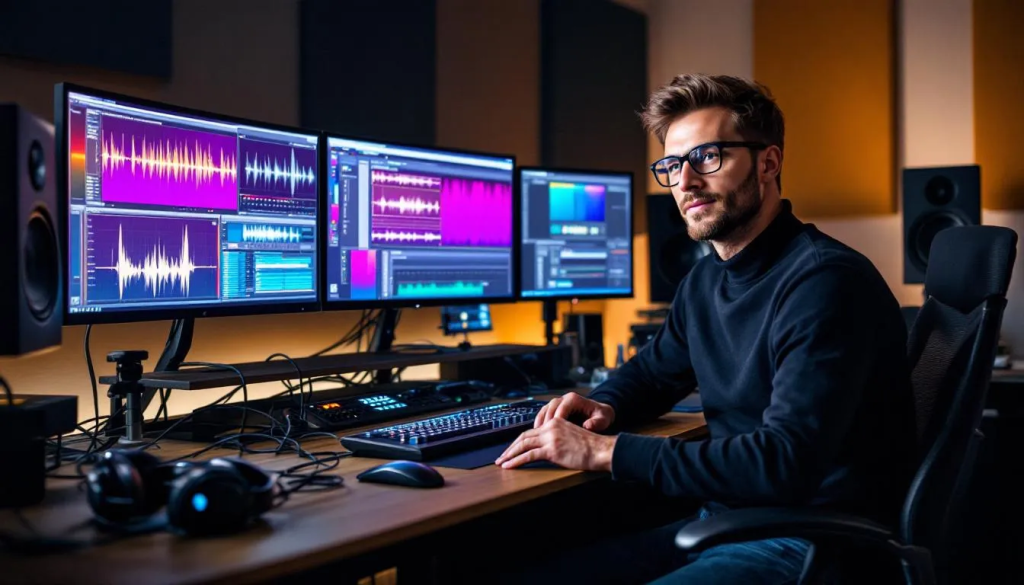
When enrolling in online mastering classes, one needs to review the security of your connection before proceeding. Ensuring the security of your connection is important for protecting your personal information during registration and payment. Some platforms may prompt you to review the security of your connection before proceeding with enrollment. A secure connection helps maintain the security of your data throughout the enrollment process, so always check your connection before proceeding.
Professional development courses for mixing engineers transitioning to mastering represent a specialized category addressing the needs of experienced audio professionals. These programs focus on the key differences between mixing and mastering workflows, specialized equipment, and business considerations specific to mastering services. Such courses often emphasize the transition from multi-track to stereo processing mindsets.
When selecting a program, honestly assess your current skill level and career goals. Students should ensure they have the necessary prerequisite knowledge and access to appropriate equipment before enrolling in advanced courses. Many programs offer assessment tools or consultations to help students choose the appropriate level.
Consider your available time commitment and learning style when comparing course formats. Some students thrive in structured, sequential programs, while others prefer flexible, module-based approaches that allow them to focus on specific areas of interest.
What to Expect from Quality Mastering Classes
Hands-on practice with professional audio files from real recording sessions forms the cornerstone of effective mastering education. Quality programs provide students with multi-track stems and reference masters, allowing them to practice techniques on actual commercial-quality material. This practical approach helps students understand how their processing decisions affect real music rather than just theoretical examples.
Students should expect access to industry-standard plugins like FabFilter Pro-Q 3, Waves L3, and iZotope Ozone during their coursework. Many programs include temporary licenses or educational discounts for professional tools, ensuring students learn on the same equipment used in commercial studios. Understanding these industry-standard tools prepares students for professional environments where such software is expected knowledge.
Feedback sessions where instructors review and critique student mastering work represent one of the most valuable aspects of quality education programs. These sessions help students identify areas for improvement, understand common mistakes, and learn to hear subtle differences in processing approaches. Regular feedback accelerates the learning process and helps students develop critical listening skills more effectively.
Technical training on mastering hardware like Dangerous Music 2-Bus and Manley Variable Mu provides students with knowledge of high-end analog equipment used in professional facilities. Even if students primarily work with digital tools, understanding analog principles and workflows improves their overall approach to mastering. Quality programs explain how digital tools emulate analog characteristics and when analog processing might be preferable.
Business aspects including client communication, pricing, and delivery formats prepare students for professional practice beyond just technical skills. Students learn to communicate effectively with clients, set appropriate expectations, and deliver files in various formats required by different distribution channels. This knowledge proves essential for those planning to work as independent mastering engineers.
Professional programs also cover quality control procedures, archiving practices, and project management skills necessary for handling multiple clients and deadlines. Students learn to maintain consistent quality standards while managing workflow efficiency, skills that separate professional mastering engineers from hobbyists.
Building Your Mastering Skills After Class
Practice regularly with diverse musical genres from jazz to metal to electronic dance music to develop versatility and broaden your sonic palette. Each genre presents unique challenges and conventions that help expand your technical and creative abilities. Working with different styles teaches you to adapt your approach while maintaining professional standards across various musical contexts.
The process of analyzing professionally mastered tracks using spectrum analyzers and reference monitoring helps develop critical listening skills and industry awareness. Students should regularly compare their work to commercial releases, understanding how professional masters translate across different playback systems. This practice helps identify areas for improvement and keeps your work competitive with current industry standards.
Join online communities like Gearspace and Reddit’s audio engineering forums for peer feedback and continued learning opportunities. These platforms provide access to experienced professionals, allow you to share your work for critique, and keep you updated on industry trends and techniques. Active participation in these communities can lead to networking opportunities and professional relationships.
Attending mastering sessions at professional studios to observe working engineers provides invaluable real-world learning experiences. Many studios allow observing sessions for a fee, giving you insight into professional workflows, client interactions, and problem-solving approaches. This experience helps bridge the gap between classroom learning and professional practice.
Invest in quality monitoring equipment like Focal Twin6 Be or Genelec 8351B speakers to ensure accurate assessment of your mastering work. While expensive, proper monitoring is essential for developing reliable critical listening skills and producing professional-quality results. Consider this investment as crucial for career development rather than optional equipment.
Continuously educating yourself through industry publications, workshops, and advanced courses keeps your skills current with evolving technology and standards. The audio industry changes rapidly, with new streaming formats, playback technologies, and creative techniques emerging regularly. Successful mastering engineers commit to lifelong learning to remain competitive and relevant.
Develop relationships with mixing engineers, producers, and record labels to build a client base and gain practical experience. Offering initial services at reduced rates while building your portfolio can help establish your reputation and lead to more lucrative opportunities. Building a successful mastering career requires both technical excellence and business development skills.
Conclusion
Mastering classes provide the essential foundation for anyone serious about pursuing excellence in audio engineering and music production. From understanding the fundamental differences between mixing and mastering to developing the critical listening skills necessary for professional success, these educational programs offer structured pathways to expertise in this specialized field.
The investment in quality mastering education pays dividends throughout an audio professional’s career, whether working in commercial studios, developing independent mastering services, or enhancing existing music production capabilities. With options ranging from online courses to intensive mentorship programs, aspiring mastering engineers can find educational formats that fit their schedules, budgets, and learning preferences.
Success in mastering requires combining technical knowledge with musical sensitivity, business acumen with creative vision. The skills learned in mastering classes – from EQ and compression techniques to client communication and project management – form the foundation for a rewarding career in one of audio’s most specialized disciplines.
As the music industry continues to evolve with new streaming platforms, playback technologies, and distribution methods, the need for skilled mastering engineers who understand both traditional techniques and cutting-edge approaches remains strong. By choosing the right educational path and committing to continued professional development, students can position themselves for success in this dynamic and essential field.
Start your journey toward audio mastering excellence today by choosing the right educational path for your goals, and remember that mastering is both a technical craft and an art form that rewards dedication, practice, and continuous learning.
